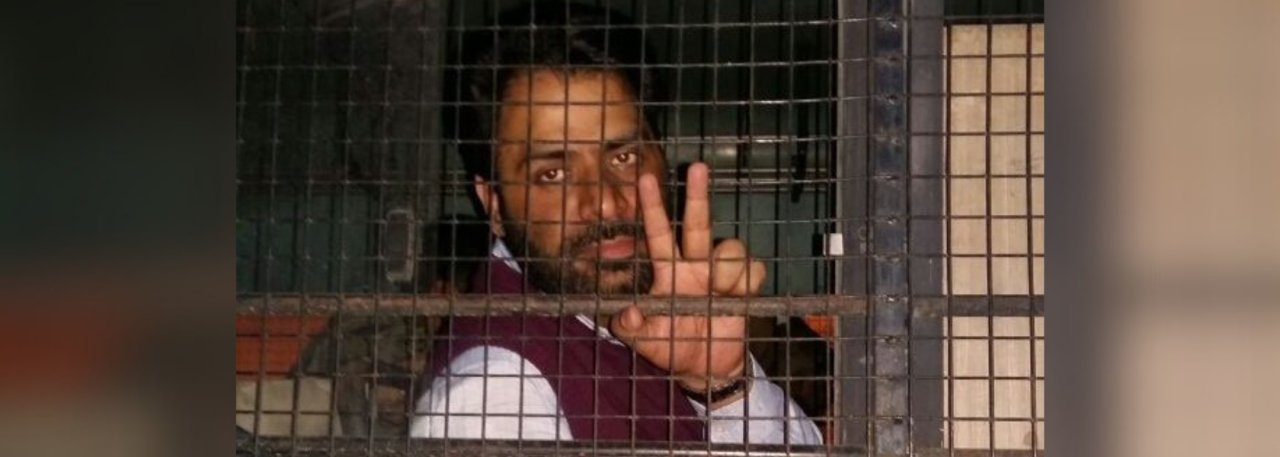
Syria’s interim president, Ahmed al-Sharaa, is facing mounting criticism over his decision to promote several former militia leaders—accused of serious human rights violations—to top positions in the country’s new military command. The move has sparked concern among international observers and human rights advocates, who warn it could undermine hopes for reform and reconciliation.
According to a CNN investigation, Sayf Boulad Abu Bakr, who was recently appointed commander of Syria’s 76th Division, previously led the Hamza Division, a faction of the Turkish-backed Syrian National Army sanctioned by the US for alleged involvement in rape, torture, and abductions of Kurdish civilians. Other controversial appointees include Mohammad Hussein al-Jasim and Ahmad Ihsan Fayyad al-Hayes, who have also been accused by both US and United Nations investigators of extrajudicial killings, forced disappearances, and trafficking.
While President al-Sharaa has pledged to uphold international human rights standards and rebuild trust with Syria’s war-weary population, his decision to include figures linked to past atrocities has alarmed civil society groups and foreign governments. The European Union, which lifted some sanctions on Syria in May in response to promises of reform, continues to enforce penalties on individuals implicated in abuses.
Rights organizations argue that legitimizing these commanders threatens Syria’s fragile post-conflict transition. Although the US and EU have not reversed recent diplomatic openings, several officials say the appointments will be closely monitored.



